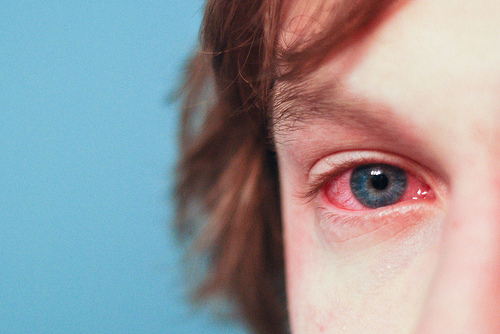4 Signs Your Home Has Poor Air Quality
You hear about air quality issues all the time, and it’s something that concerns many homeowners. How do you determine your home’s air quality? What do you do if you discover your home’s indoor air quality is poor? Learn the following four signs that indicate how your home may be suffocating and where to turn from there.
Allergy Symptoms

The first sign your home may be hiding a dirty secret is allergies. If your family has chronic sniffles and your eyes feel like sandpaper, your HVAC system may be to blame. You may be tempted to attribute these conditions to blooms outside, but many people experience allergies because of inside air problems.
Pollen, dust, and irritants such as pet dander are more concentrated indoors and can lead to coughing, sneezing, and watery eyes. An efficient air conditioning system will clean and recycle the air for less exposure to allergens. Replace your HVAC system’s air filter to find out if a replacement makes a difference in your symptoms.
Biological Growth
Biological agents are one of the greatest offenders of poor indoor air quality in the home. Too much moisture is the ideal breeding ground for microorganisms that may trigger breathing problems. Pay attention to walls, carpeting, and upholstery, where you’re most likely to notice growth.
If you see biological growth on the walls or floors of your home, clean it using a solution of bleach and water, then let it air dry completely. Proper ventilation can also cut down on the problem. Replacing your air conditioning unit’s air filter once a month or more frequently can help, too.
Odd Smells
Unpleasant odors coming from your air conditioning system are a reason for concern. If you smell a musty scent throughout the home, you may have bacteria growing in your ductwork. By continuing to run a polluted HVAC system, your family could get sick.
Simple steps such as leaving your windows open and using fans to get stale air moving may dilute the infectious airborne population in your home. If the smell gets worse, call an HVAC services technician to check out the odor. A trained expert can sanitize your system to prevent the spread of germs and illnesses.
Frequent Headaches
Does your family suffer from dull headaches and dizziness? These health issues could be a sign of too much carbon monoxide in your home. Chemical gases can reach harmful levels when trapped indoors. A carbon monoxide meter detects dangerous levels of this common gas, while a tool called a VOC sensor can pick up on other noxious vapors such as formaldehyde wafting from your new carpet.
If your home has a gas stove, water heater, attached garage, or fireplace, put in a carbon monoxide alarm with a digital display near bedrooms. Have your HVAC system, air vents, and your home’s chimney and flue inspected by a qualified technician once a year.
Poor indoor air quality from a variety of potential airborne hazards can affect your health. It’s simple to improve the air you breathe with the help of a licensed HVAC services technician.
